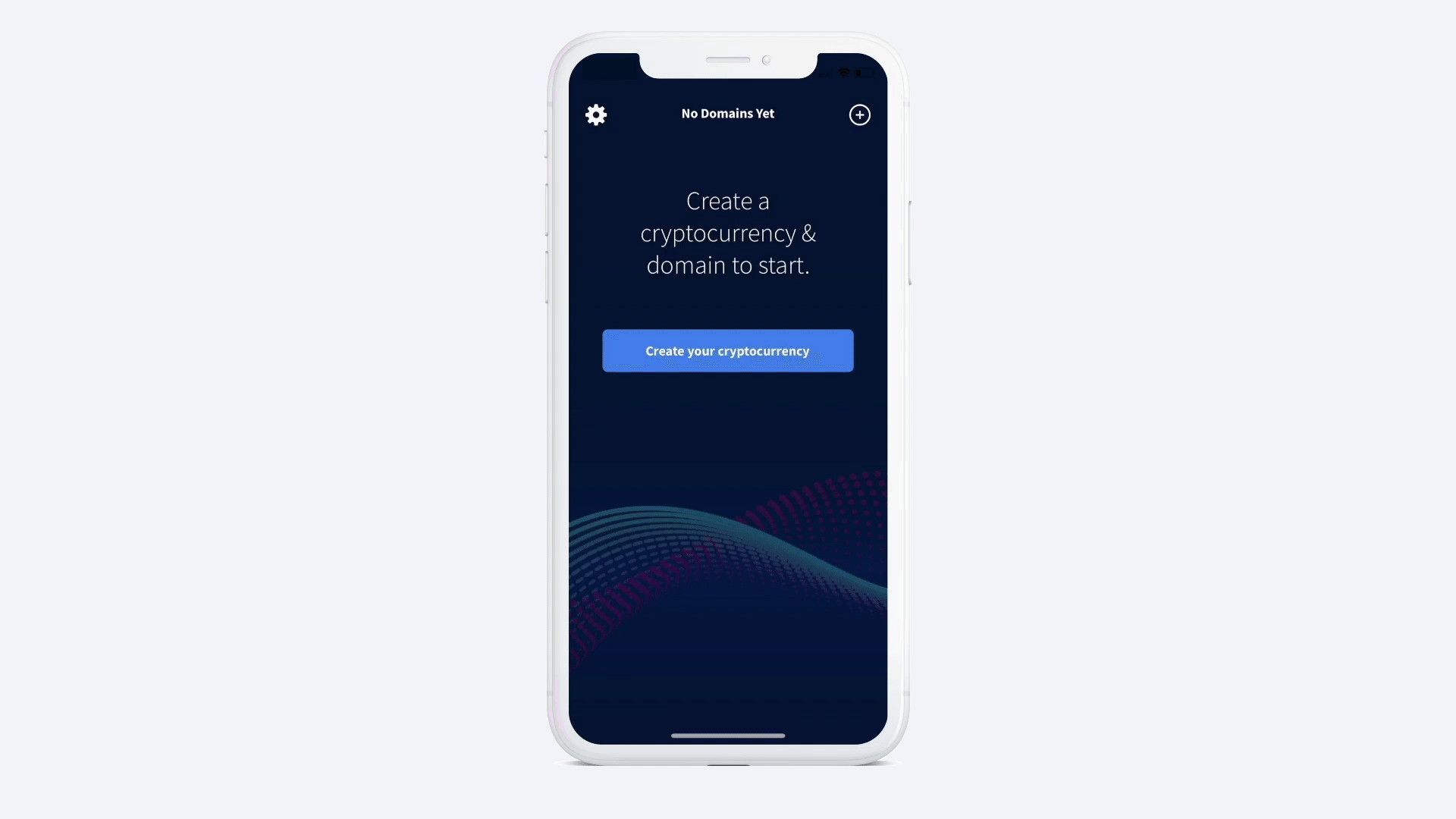
Blockchain development shouldn’t be rocket science. At the moment, though, the development of the technology is complicated and can be confusing, making it difficult to produce meaningful applications that will achieve mass adoption for end users.
For Cache, a token and series of projects, it believes that it has the answer to this problem. As a result, the platform is working at building tools to make the blockchain usable for developers and businesses.
According to its white paper, Cache aims to achieve this by “empowering developers, startups, and products to easily adopt powerful blockchain features such as assets, tokens, decentralization, identity management, and more.”
Built on the NEM blockchain, the technology operates secure, RESTful APIs that permit developers to build unique, user-friendly solutions on top of the platform. In order to send or make Cache transactions, an individual will pay a small transaction fee in the XEM cryptocurrency. Cache states that compared to Ethereum, fees in the NEM blockchain are non-variable, reliable, and low cost.
Unlike other tokens, which Cache states “generate hype,” the Cache token will be focused on onboarding developers, businesses, websites, and companies in meaningful ways. The team at Cache said: “We believe that in order to have a more decentralized world we need to make development, tools, and user experience surrounding blockchain an easy choice.”
It hopes to achieve this through three main platforms, which it believes will accelerate global adoption of blockchain development: Blockstart, Cacheout, and the Devslopes learn to code platform.
Blockstart is Cache’s flagship product. It is a blockchain platform and suite of tools that permit companies and developers to quickly build blockchain applications within minutes. It also enables the integration of the blockchain into existing products and services. In order to make the technology more user-friendly, Cache is currently developing software development kits (SDKs) for iOS, Android and Unity to manage this. Cache states that via Blockstart, companies will be able to launch their own private networks or get started on the public Blockstart network. Small Cache fees will be incurred through the public network with transactions, the creation of assets, cryptocurrencies, and domains. This, in time, Cache states, will increase its demand and utility.

Cacheout is a currency-backed economy designed to regulate effective answers for programming questions. Cacheout incentivizes users to submit helpful and complete answers by being awarded a cash bounty. According to the platform, the best answers will be regulated by the community and awarded cash, which will be distributed to the author with the best answer and its supporting community members.
Through Devslopes, the team, who happen to be former students of Devslopes, are working at boosting blockchain education. Since 2015, the platform has taught more than 300,000 students worldwide how to code. Cache can be used to purchase courses at Devslopes. It also has four to five partners committed to accepting the token, and is working with the Blockchain Training Alliance and Pearson Vue to bring blockchain-related exams and certification worldwide. As the team’s foundation lies in coding education, they have a strong understanding of how to take complex concepts and break them down into digestible information.
“We are now doing this for blockchain,” the team added. “We are passionate about leveraging this to bring blockchain technology to the world.”
Find out more about Cache and read their Whitepaper here

